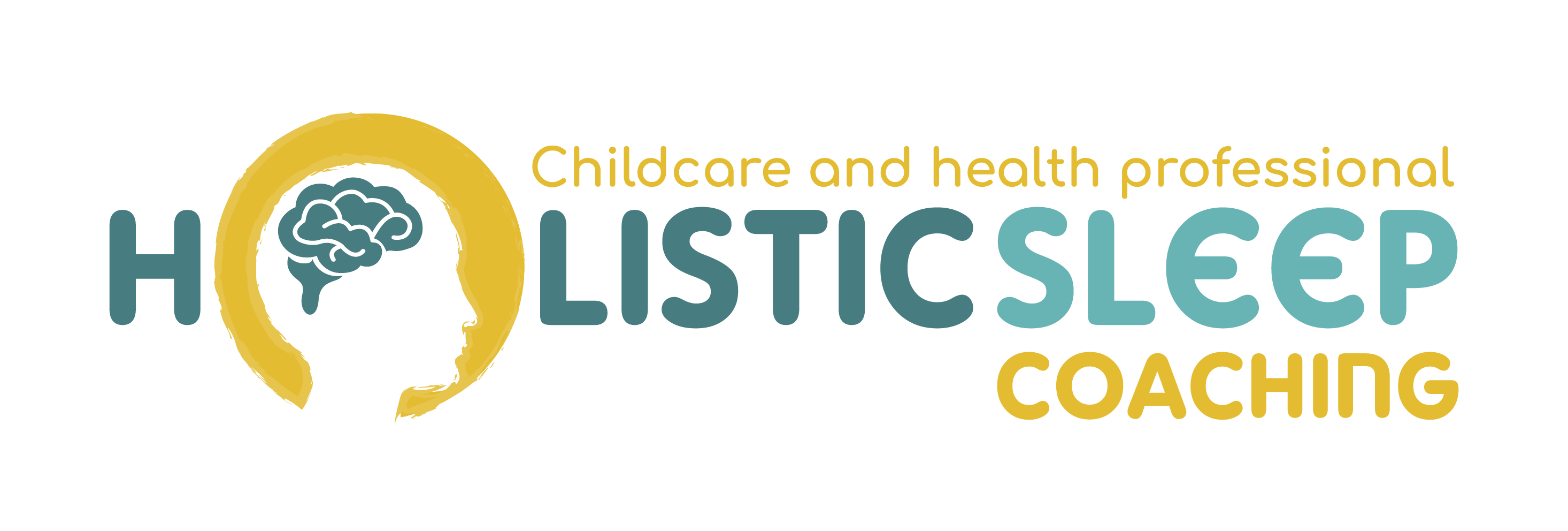Those of you who spend your professional, personal or voluntary time supporting parents with optimal infant feeding know that sleep and feeding concerns often become inter-twined. Being able to unpick the differences between normal infant behavior, a genuine feeding concern, and a sleep problem that has nothing to do with feeding will prevent breastfeeding or responsive feeding from becoming collateral damage in the quest for more sleep.


What do you hear from families about feeding and sleep?
Many people we meet who are supporting families with responsive breast or bottle feeding frequently run into parental confusion or concerns about their infant’s feeding pattern. We have heard countless stories of families who have tried to introduce an extra feed to see if it will help with sleep. We’ve heard about night feed elimination to try to get more sleep. We hear about stopping breastfeeding to see if that will help, or starting solids, or implementing a routine. Not much surprises us when it comes to the kinds of strategies that are popular with parents that include feeding and sleeping.
Call the experts
At the holistic sleep coaching program, we love nothing more than to chew over the realities, challenges and myths that abound within popular science and parenting literature. We explore, challenge, and question the prevailing advice, and help those interested to do the same. We have many IBCLCs and infant feeding experts who contribute to our program, but have called on Professor Amy Brown, and Fiona Lang-Sharpe IBCLC to tackle some of these important issues head on.
Professor Amy Brown is professor of child public health at Swansea University, and a prolific contributor both to the academic research body and also the popular parenting and science literature. She is particularly good at explaining research in simple terms so that families can understand it.
Fiona Lang-Sharpe has been an IBCLC and doula for over 25 years, and brings her warmth, compassion, practical experience and humour to the confusing area of ‘comfort’ feeding.
Responsive feeding
Over the last 7-10 years, breastfeeding literature has re-defined the way we think about infant feeding cues as ‘responsive feeding’. Many of us involved in teaching and supporting health staff and parents alike have been tirelessly working to explain what this means! Responsive feeding is a dynamic relationship between a breastfeeding parent and their child, that goes beyond a nutritional need to feed, or a physical need to empty a breast. Responsive feeding is also about comfort, relationship, rest, nurture and stress reduction. But our culture frequently defines ‘comfort’ feeding in negative terms. It has become intrinsically linked with pointlessness, over-indulgence, and perhaps even obesity. Yet, providing comfort is one of the most positive things we can do as parents.
Feeding balance
Sometimes people get confused about where the balance is with responsive feeding. They can’t tell if their baby is feeding for nutrition, comfort, tiredness, or something else. The great thing about truly embracing responsive feeding is that it doesn’t matter….. However, this can sometimes get difficult for families. How do we support and promote responsive feeding while also recognizing the challenges and supporting parents to get enough rest? Sometimes parents are keen to choose a strict routine. Professor Amy will be sharing her research into how this tends to pan out for families. She’ll be sharing whether it works, and if so, for whom. She’ll also be talking about the impact on maternal mental health. Meanwhile Fiona Lang-Sharpe will be talking about comfort feeding, and how to recognize the challenges and support parents gently to find balance.
What does feeding have to do with sleep?
Many parents are unsure whether their baby is getting enough based not on their weight or nappy count, but on their sleeping behaviour. So, it’s really important to address some of the misconceptions around what feeding interventions support sleep, and what ones don’t affect sleep at all. If parents are asking questions, they deserve thoughtful, evidence-based answers. At the holistic sleep conference, you’ll walk away with tools, explanations and tips to support parents in their journey to optimal feeding and sleep, without compromising responsiveness.
Tickets for the Holistic sleep conference are now on sale, and you can choose between attending in person, watching the live stream, or getting the recording. No matter where in the world you are, you can benefit from our amazing content and fabulous speakers.
See the conference page for more information, the full program, and to book tickets!
